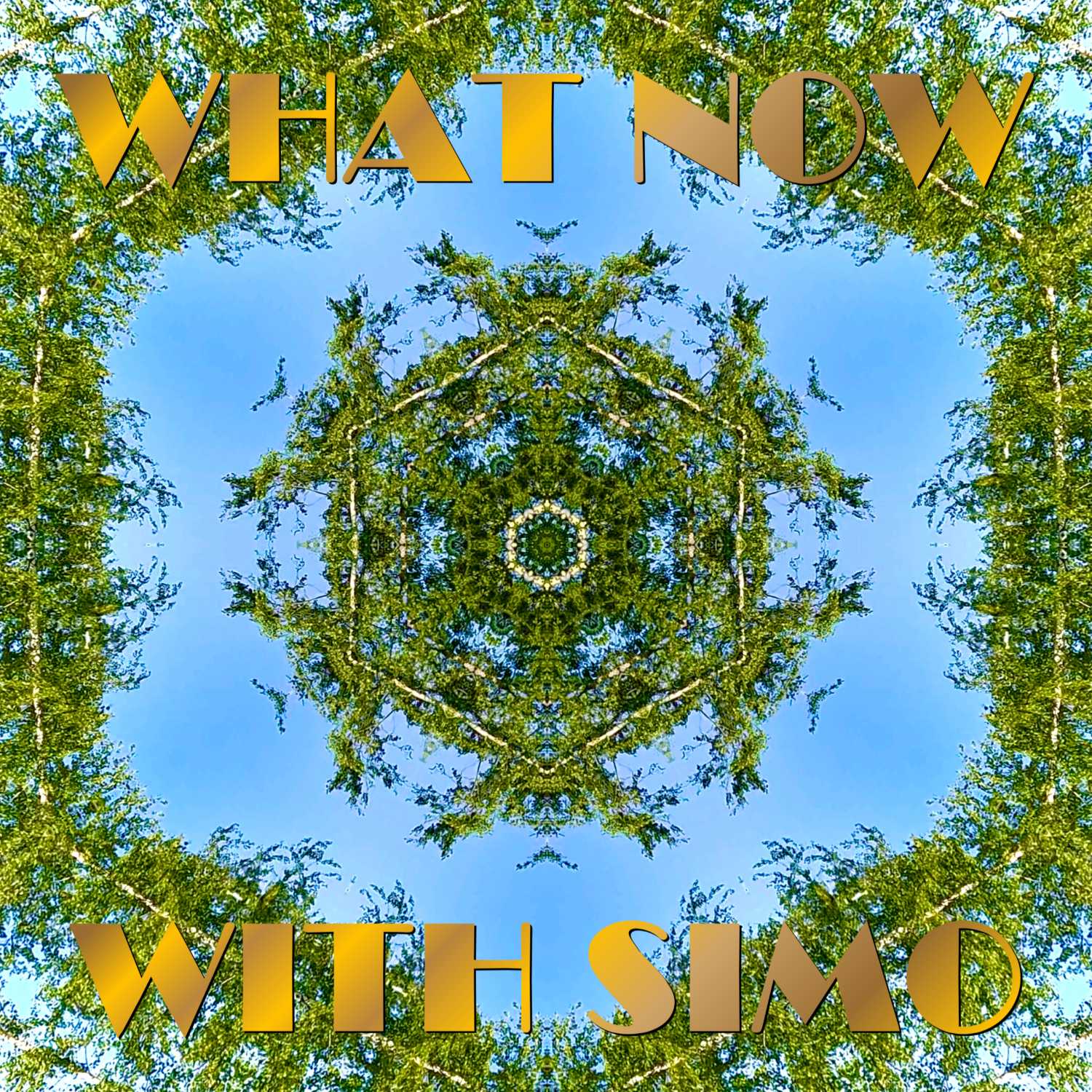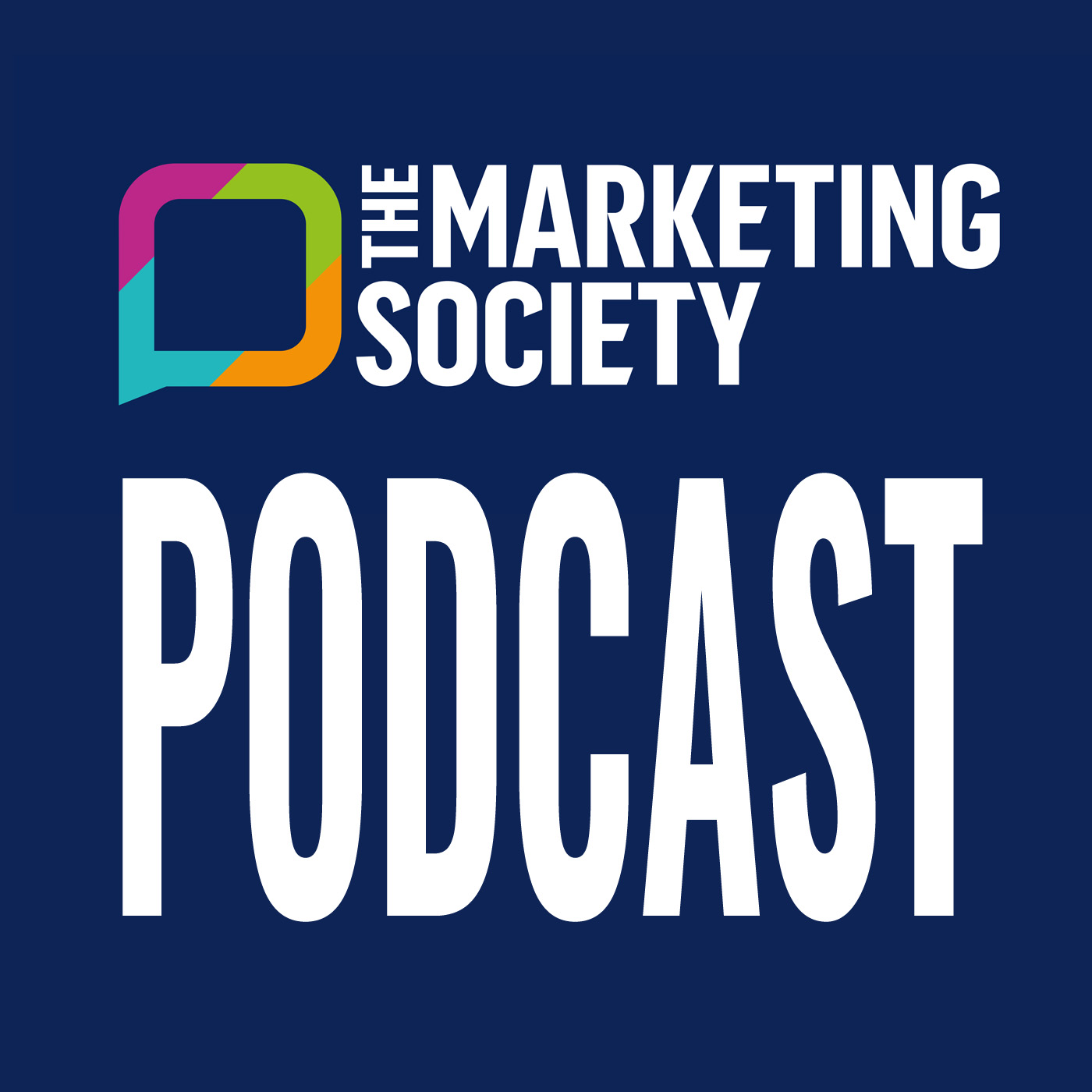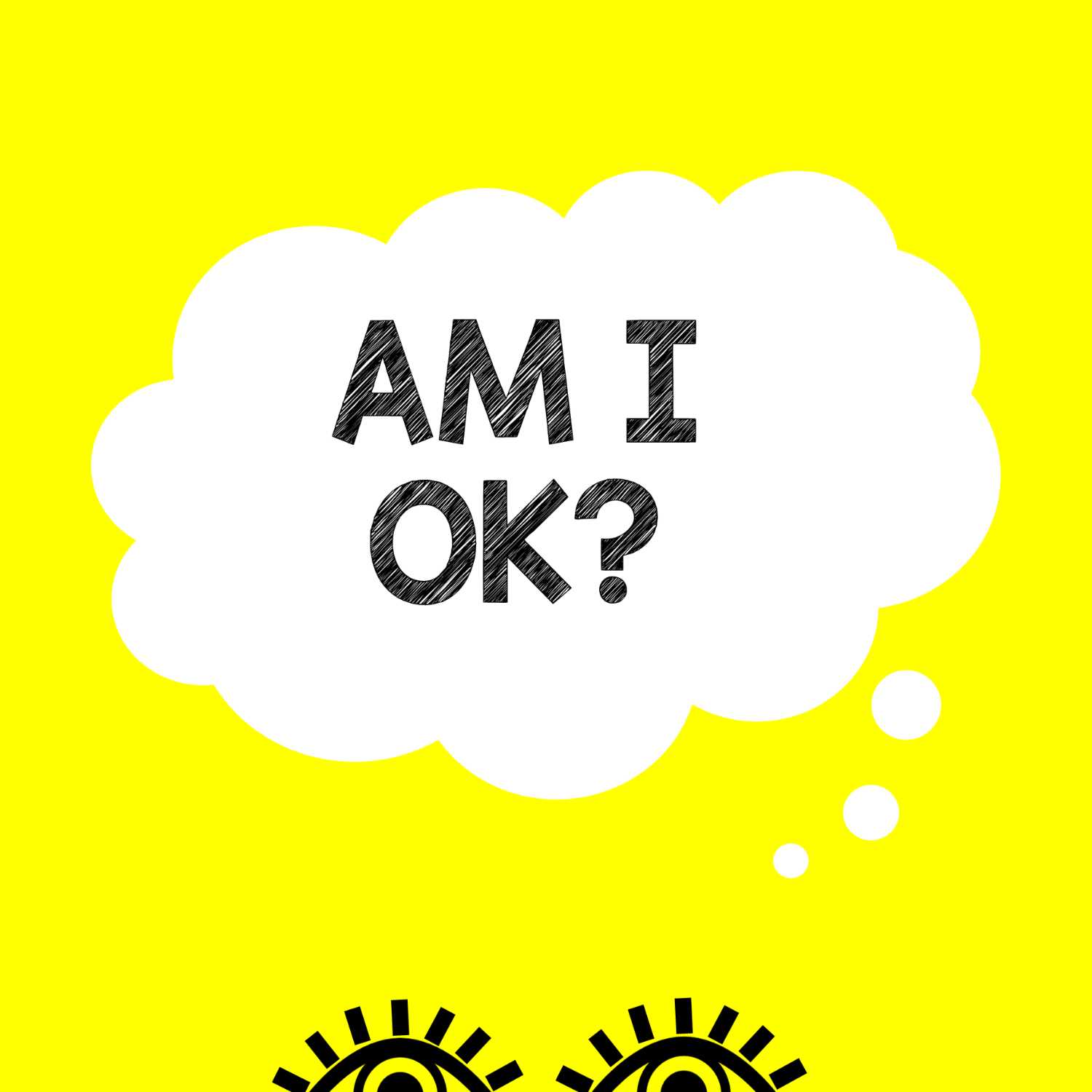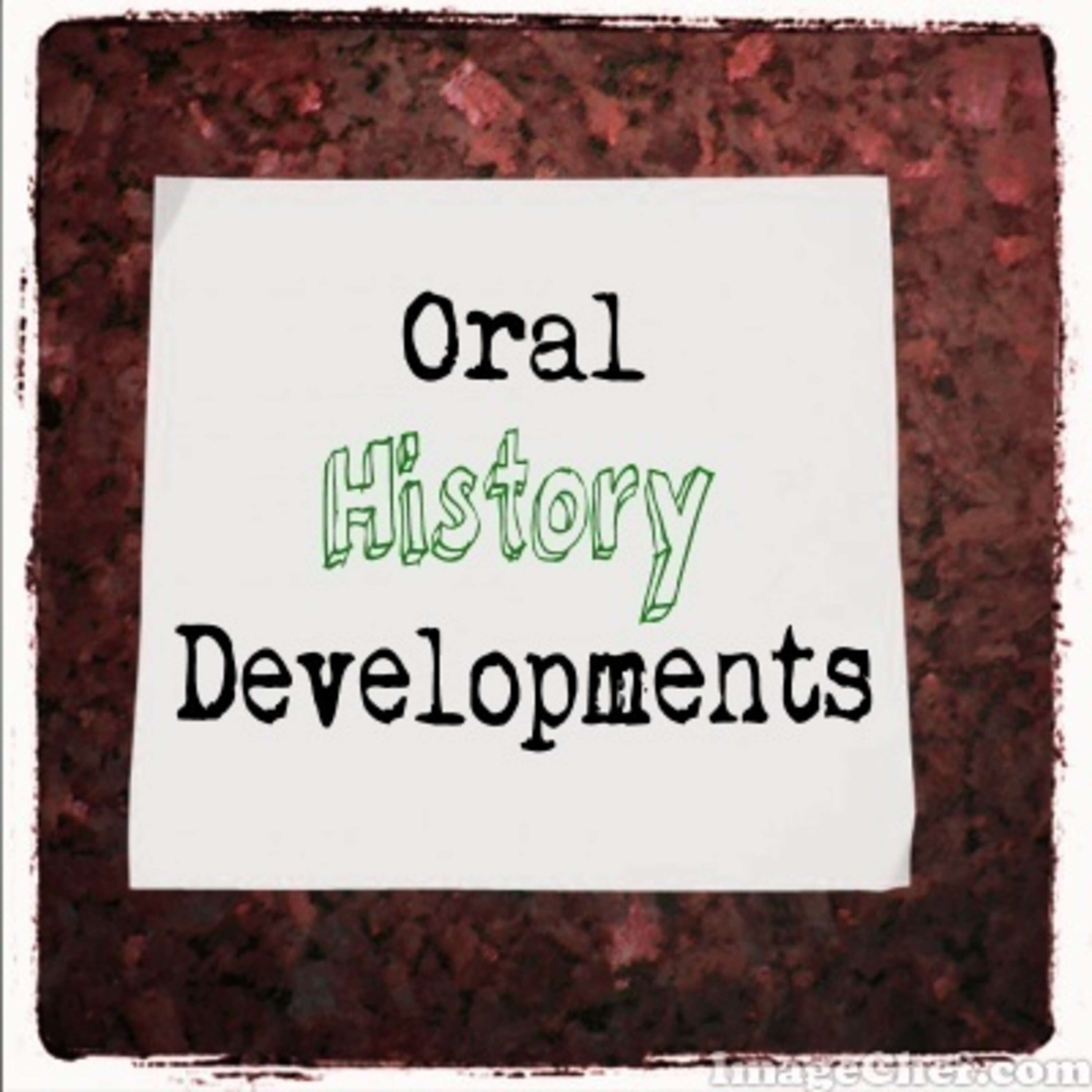Practicalities
Interviewing as a technique of gaining information is as old as humankind. Talking to people as a form of scientific inquiry about their experiences is fun but also a methodological and theoretical challenge. In the past decades, oral history has become a widely used research method in different disciplines. Given that oral history is a technique and a way of constructing histories this series of podcasts tries to offer an overview of different ways of how to construct the information and how to analyze it in a wider methodological context. This podcast on oral history is designed for those who want to use interviewing as a method collecting empirical material. It consists of eight sections: oral history development historiography politics of oral history, connecting social and personal, ethical and legal dimension, practicalities, questions and questioning, narrativity, interpretationThe sections are around 20 minutes each.Information on the course and the instructor is available here: https://courses.ceu.edu/course....s/qualitative-method





